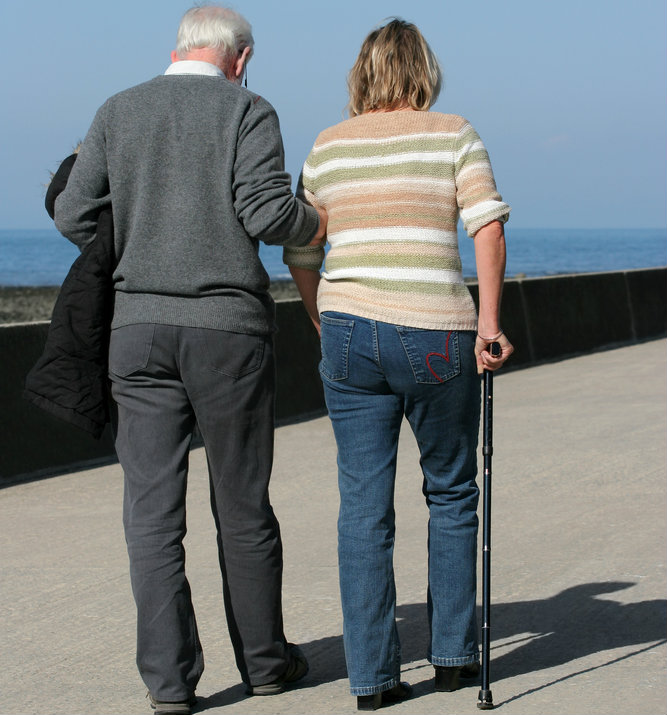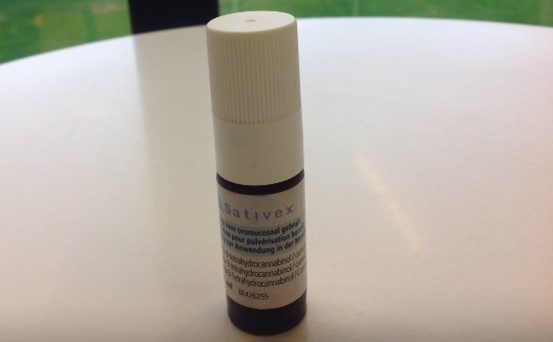(This was first published in my column on www.multiplesclerosisnewstoday.com)
I hate to admit it, but I’m getting kind of old.
That’s not to say that 68 is really old, but I’m probably older than a lot of the people who are reading this. I’m also 36 years old in “MS years.” I was diagnosed the month that Ronald Reagan won the Republican nomination to run for U.S. President and I’ve had MS nearly half of my life. In other words, my MS and I have traveled down lots of roads together. Can you learn anything from the way that MS senior citizens have handled our disease?
A recent study looked nearly 700 of us who are older than 55 and who’ve been living with MS for more than 20 years. The goal of the researchers at Memorial University, St. John’s, Newfoundland was to uncover common factors that allow us to age well, even with our MS. It’s hoped that learning from those experiences can help young and middle aged people with MS plan to live better lives as they grow older.
Seven themes were identified in the research, which was published in the Multiple Sclerosis International journal last August: social connections, attitude and outlook on life, lifestyle choices and habits, health care system, spirituality and religion, independence, and finances. But the first three jumped out as being the most important.
Social Connections
Social connections was the most common factor that participants said contributed to their healthy aging. This included relationships with family, neighbors and even pets; Activities outside the home that provided opportunities for social engagement were also highly valued and included support groups, volunteer work, and community organizations.
Said a 59 year old woman from Quebec, “my volunteer work with my dog and the hospital (patient advocacy) has kept me stimulated.” And a 66 year old woman from Nova Scotia valued “people close to me who accept my MS and give me all the encouragement and support that I need, plus allow me to do the activities that I wish to do and at my level and speed.”
Attitude and Outlook
Attitude and outlook was the second in importance. Older people with MS reported adopting ways of thinking that helped them to cope with the challenges of living with MS. That meant doing simple things such as having a positive attitude and being optimistic. Determination and perseverance was also important.
Michael, 64 years old from Ontario, reported: “Being determined has helped – I should have stopped work (teacher grade 1-3) five years before I did, perseverance.”
Participants also reported that they accepted their MS. They said they understood how to work within their limitations and to focus on their abilities. Humor and maintaining their self-identity were also important. People frequently explained that “I am not my disease.”
Lifestyle Choices
This, basically, meant they took care of themselves. Choices included eating healthy getting exercise and adequate rest, managing medications and using alternative therapies.
“I have a healthy diet and get lots of rest,” 57 year old Karen reported. “This year I am able to take Wednesdays as a sick day. This is extremely helpful. I can’t walk because I don’t have much strength in my legs. I get exercise on my exercise bike. I do 20 minutes a day. It really helps me feel better. I do not eat red meat.”
It also meant doing things like having a hobby, working, being outdoors and traveling. Very interesting to someone like me, who writes about MS, is that this included searching for resources and information about MS as an activity that contributed to their sense of purpose.



